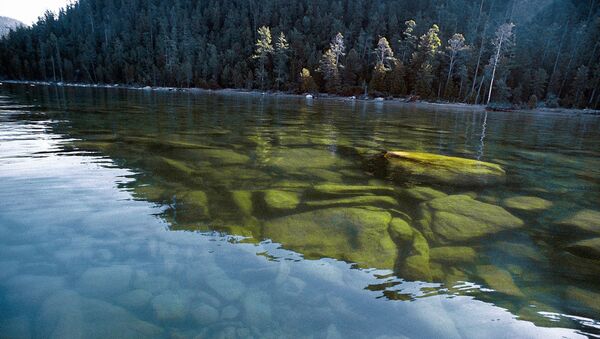Today, water often contains increased levels of toxic substances, for instance, petroleum products or metal compounds (including iron, copper and manganese).
The new SFU development can reduce the pollution levels in Russia's major rivers. The new adsorbent is based on a raw vegetable material obtained from the Siberian larch, or Lárix sibírica, and an animal byproduct, chitosan.
'Chemically modifying the natural matrix of Lárix sibírica allowed us to extract a water-soluble material to create a polyelectrolyte complex that can be used in decontamination and in the wood industry for waste recycling', said Yevgeniya Slyusareva, head of the project and professor with the Photonics and Laser Technologies Department at the SFU Institute of Engineering Physics and Radio Electronics.
READ MORE: 'There Is No Magic Wand' to Remove Atmospheric CO2 — Environmental Researcher
According to the SFU scientists, the new material can be efficiently used in filters for wastewater treatment and can be used by large industrial enterprises.


